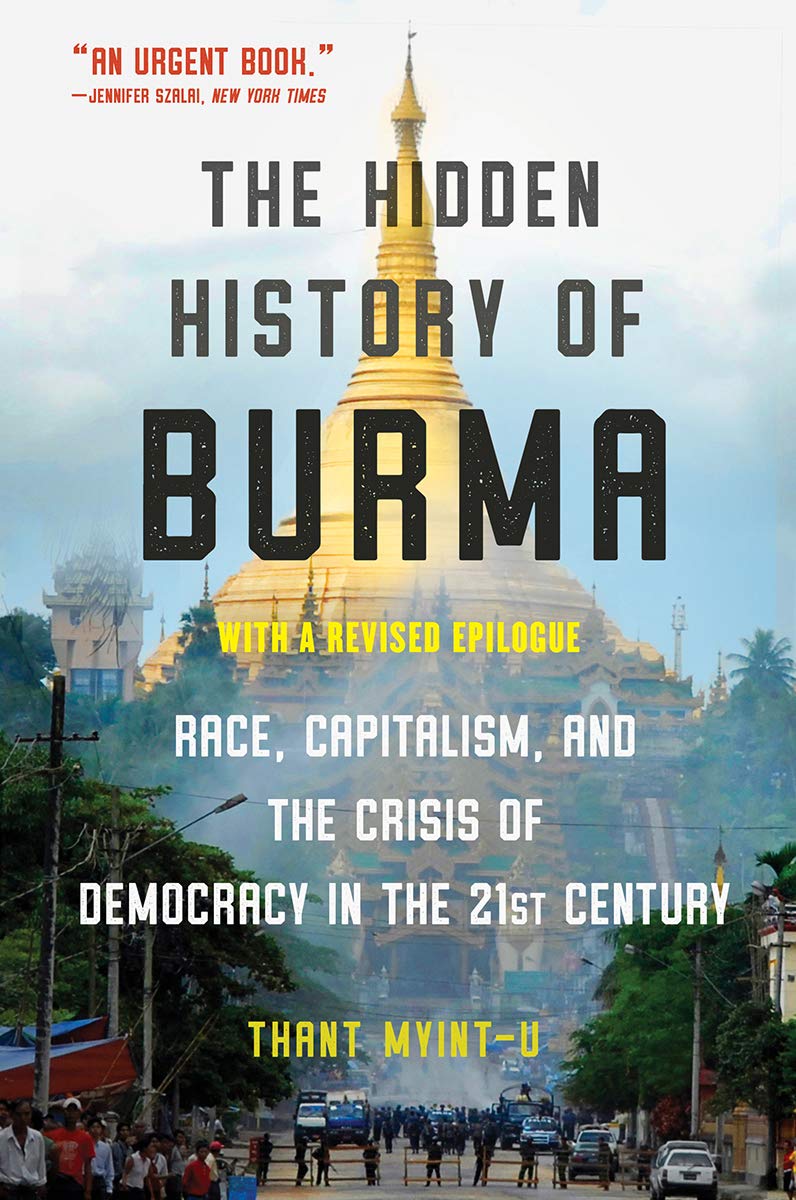
12. Who was Jacques Derrida?
A great conversation with Peter Salmon (who talks admirably fast!) on his wonderful biography of Derrida's works & public persona that has metastasized & fragmented, often disallowing for any meaningful coherence to emerge. traffic.libsyn.com/secure/philoso…
A great conversation with Peter Salmon (who talks admirably fast!) on his wonderful biography of Derrida's works & public persona that has metastasized & fragmented, often disallowing for any meaningful coherence to emerge. traffic.libsyn.com/secure/philoso…

13. On Daya Krishna, who per Daniel Raveh was one of the most interesting philosophers (not just Indian philosophers) of the 2nd half of 20thC. A book that distills DK's last decade & his efforts to read through Indian texts imaginatively and critically. traffic.megaphone.fm/NBN5587148690.… 

14. At age 80, veteran China scholar Orville Schell has published his first novel. My Old Home: A Novel of Exile -- a bildungsroman from the Cultural Revolution to Tiananmen in 1989. On the worlds fiction can open & change in modern Chinese history. chrt.fm/track/47257E/p… 

15. Adam Phillips, who I read like a student reads his master, writes 'Conscience, in its all too impoverished vocabulary & its all too serious & suffocating drama, needs to be overinterpreted. Underinterpreted it can only... be propaganda'. sphinx.acast.com/londonreviewpo… 

16. On Toussaint Louverture’s revolutionary life with Sudhir Hazareesingh -- kind of remarkable how little of this great anticolonial figure is known beyond the immediate Haitian-French-Carribean milieu. A more extraordinary life is harder to imagine. sphinx.acast.com/historyextra/t…] 

17. 'There are 2 kinds of animals in the world: animals that bring their mouths to their prey (eg lions) & animals that bring their prey to their mouth (eg salamanders).'
Wonderful talk w paleontologist Neil Shubin on Nature as a lazy baker & much more. media.blubrry.com/thejoyofx/d2r5…
Wonderful talk w paleontologist Neil Shubin on Nature as a lazy baker & much more. media.blubrry.com/thejoyofx/d2r5…

18. I recently read an essay by Edward Said on Joseph Conrad; later about the life of Sir James Brook (Rajah of Sarawak) who was an inspiration for Conrad's 'Lord Jim'. A fine talk b/w Patrick French & Maya Jasanoff on Conrad, imperialism & other conceits.
audioboom.com/posts/7282876.…
audioboom.com/posts/7282876.…

19. An illuminating talk on two chapters from 'The Making of the English Working Class' with John Bohstedt -- on the history & logic of riots in early modern England: why were they so frequent? what did it mean for civil liberties & popular radicalism? media.blubrry.com/jacobin/conten… 



an aside: E. P. Thompson seems to have been a fun guy too. Capable of salty & sly reappraisals delivered without malice. One line in a letter: “My only affinity to Marx is that I get boils on my neck.” He was a tank commander in North Africa/Italy!
And a poet! People forget that.
And a poet! People forget that.
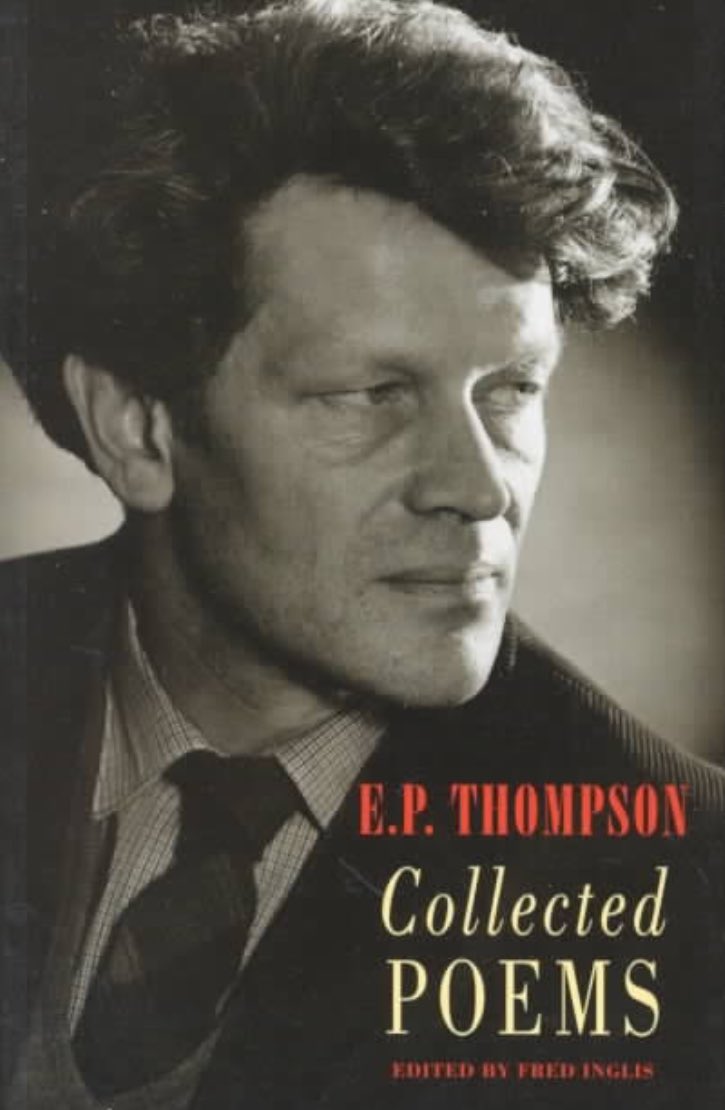
20. Great talk w/ Sir Ian Kershaw - on "evil" as analytical category, challenges of psychologizing Hitler, would there have been Holocaust without him, & how did he go from being a life's loser to a colossal monster? & more.
1. sphinx.acast.com/the-rest-is-hi…
2. sphinx.acast.com/the-rest-is-hi…

1. sphinx.acast.com/the-rest-is-hi…
2. sphinx.acast.com/the-rest-is-hi…


21. A fun conversation with the novelist & essayist Tariq Ali on the French historian Maxime Rodinson's 1960s biography of Muhammad, the world of empires he was born into, Islam in Spain, & challenges of writing a 'materialist' book abt a religious figure. sphinx.acast.com/londonreviewpo… 

Tariq Ali's wonderful quintet if novels
https://twitter.com/KS1729/status/1019759469285249024?s=19
22. If you have heard, read or have been puzzled by Cassirer's writings, an instructive conversation with Samantha Matherne on how Cassirer reworks Kant to formulate critical idealism, the Marburg school, & our "lived experience" in a cultural world. traffic.megaphone.fm/NBN5696862214.… 
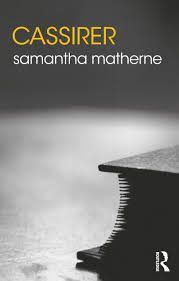
23. Excellent talk w/ Arunabh Ghosh on how Chinese statisticians abandoned Soviet-style exhaustive enumeration, learnd about random sampling thru exchanges with Indian statisticians, & during Great Leap Forward, they began using ethnographic approaches. traffic.megaphone.fm/NBN8744757684.… 
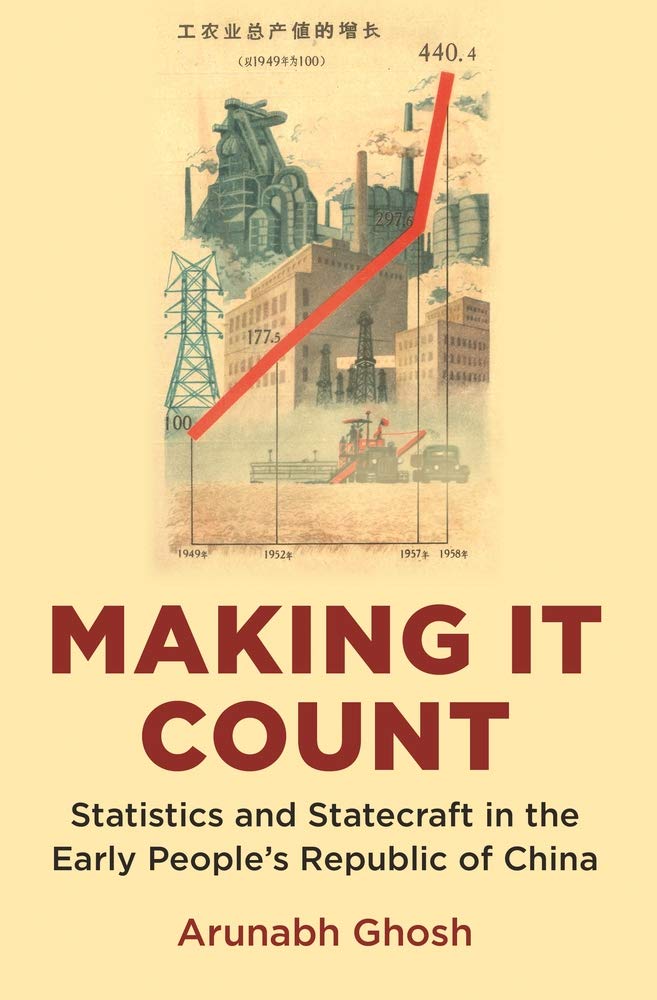
24. On a monumental editorial project to construct a critical edition of Skandapurāṇa - now edited by Peter Bisschop (Leiden U) & Yuko Yokochi (Kyoto U) -- which began in 1996-97 with a different set of editors.
The project is now half way at volume 5! 🙏 traffic.megaphone.fm/NBN6313468212.…

The project is now half way at volume 5! 🙏 traffic.megaphone.fm/NBN6313468212.…
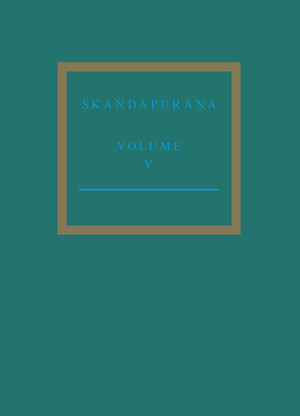

25. Who were the first Indians? An enthralling talk w/ Tony Joseph which leverages the fast paced developments in paleogenetics to construct a most plausible narrative of how India was peopled & a system of endogamy & hierarchy was sacralized. Fascinating.
traffic.libsyn.com/seenunseen/E11…
traffic.libsyn.com/seenunseen/E11…

26. Is "China" really 5000 years old or is it a national myth? Bill Hayton argues that “China” was cooked up by few intellectuals who imported ideas of sovereignty, citizenry etc from Europe a century ago. But what abt Chinese historiographical traditions? traffic.omny.fm/d/clips/a7b4f8… 

27. On ibn Khaldun's famous book, Muqaddimah and the lessons it has for us on philosophy of history, economics, biology, sociology, and political theory. cbc.mc.tritondigital.com/CBC_IDEAS_P/me… 

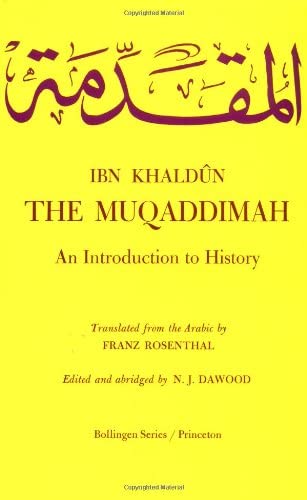

an unexpected link:
https://twitter.com/KS1729/status/678909770808623104?s=19
28. "The most painful part for me or any other Kashmiri Pandit going to Kashmir is that when you go there you have to live in an hotel, which is probably very close to your erstwhile home."
A measured (but moving) talk on Kashmir & more by @rahulpandita traffic.libsyn.com/secure/brownpu…
A measured (but moving) talk on Kashmir & more by @rahulpandita traffic.libsyn.com/secure/brownpu…

29. When thinking about Chinese student protests, we think about Hong Kong or Tiananmen. But there's one that kicked it all off in modern Chinese history. Rana Mitter on the May Fourth Movement of 1919. And the idea of Mr. Science! audioboom.com/posts/7745485.… 

• • •
Missing some Tweet in this thread? You can try to
force a refresh









